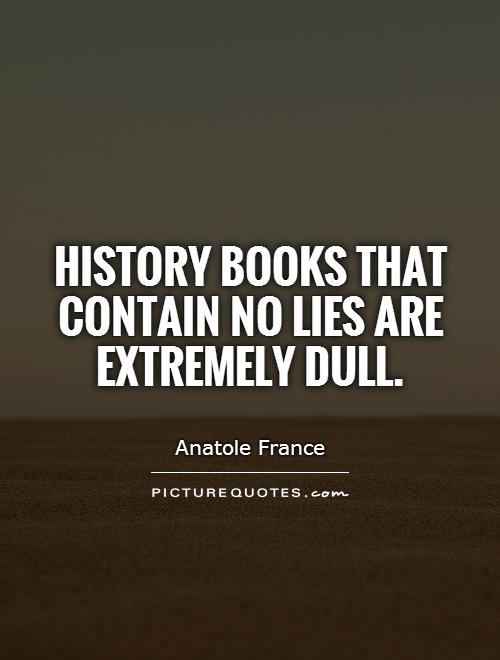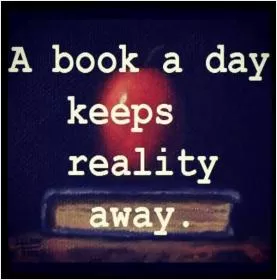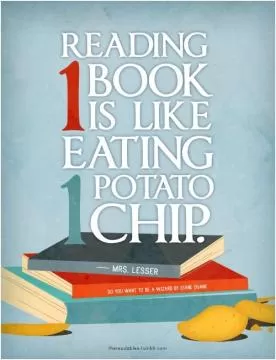History books that contain no lies are extremely dull

History books that contain no lies are extremely dull
Anatole France, a French poet, journalist, and novelist, once famously said, "History books that contain no lies are extremely dull." This statement has sparked much debate and discussion among historians and scholars over the years. While some may argue that historical accuracy is of utmost importance in preserving the truth of the past, others believe that a completely truthful account of history can be boring and uninteresting to readers.One of the main reasons why Anatole France made this statement is because he believed that history is often written by the victors, and therefore, it is inherently biased and subjective. In many cases, historical accounts are manipulated and distorted to serve the interests of those in power. As a result, a completely truthful history book may not accurately reflect the complexities and nuances of the past. By including some embellishments or exaggerations, historians can make the narrative more engaging and captivating for readers.
Furthermore, history is not always a straightforward and linear progression of events. There are often gaps in the historical record, conflicting accounts, and missing pieces of information. In order to fill in these gaps and create a coherent narrative, historians may need to make educated guesses or assumptions. While these may not be outright lies, they can still distort the truth to some extent. By adding a touch of creativity and imagination to their writing, historians can make history come alive and resonate with readers on a deeper level.
Moreover, history is not just a collection of facts and figures; it is also a reflection of human experiences, emotions, and motivations. By including some embellishments or dramatizations, historians can bring these aspects of history to the forefront and make the past more relatable and relevant to contemporary audiences. In this sense, a history book that contains no lies may fail to capture the essence and spirit of the past.












 Friendship Quotes
Friendship Quotes Love Quotes
Love Quotes Life Quotes
Life Quotes Funny Quotes
Funny Quotes Motivational Quotes
Motivational Quotes Inspirational Quotes
Inspirational Quotes